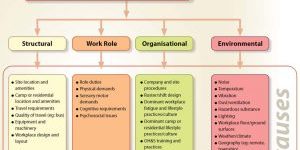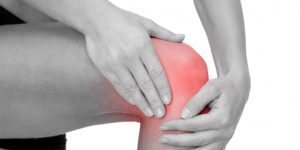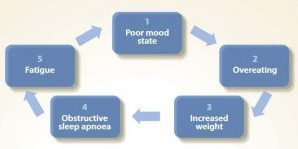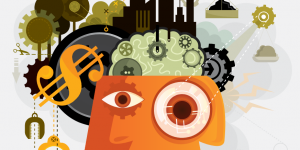Food quality & fatigue
Assessing your Fatigue
Your personal safety, and the safety of those around you, is dependent on three factors when it comes to fatigue: recognition that you are feeling fatigued;understanding the potential consequences of……
Exercise and sleep
Regular exercise can considerably improve the quality and quantity of sleep, as well as, having other benefits to general health and wellbeing. Exercise improves sleep by improving the release and……
What causes fatigue?
Fatigue is caused by a range of different factors. It is usually not just one factor but a combination of factors that will explain someone’s fatigue. Being able to characterise……
Avoiding injury when exercising
Regardless of your exercise choice, one truth applies to everyone: preparation can prevent injury. Many common exercise injuries stem from overlooking two basics: warm-up and stretching. Warm-up: The idea of……
Dreaming
There are many theories about dreams including how they occur and what they may mean, if anything. Dreams may not serve any purpose at all and may be merely a……
Who is responsible for your fatigue?
Fatigue affects everyone, at some time or another!…making US ALL responsible! When someone is fatigued, who is the first person to experience the effects? That’s right…you are! You will experience……
Managing mental health and fatigue
When trying to establish the cause of an individual’s fatigue, it is easy to get caught up in the end point, or symptoms, of fatigue. However, start digging a little……
Types of mood disorders
Mental health can generally can be seperated into three categories: stress, anxiety, and depression and can all directly or indirectly increase the risk of fatigue. They are all common and……
10 nutrition tips to beat fatigue
Eat breakfast based on breads, cereals low fat dairy and fruit. Pack a lunchbox with snack including at least 2 pieces of fruit. Portion dinner plate correctly with half the……
I don’t have enough time to exercise?
I am too busy at work and my work hours are too long. Despite advances in technology, many of us still spend more – rather than less – time at……










